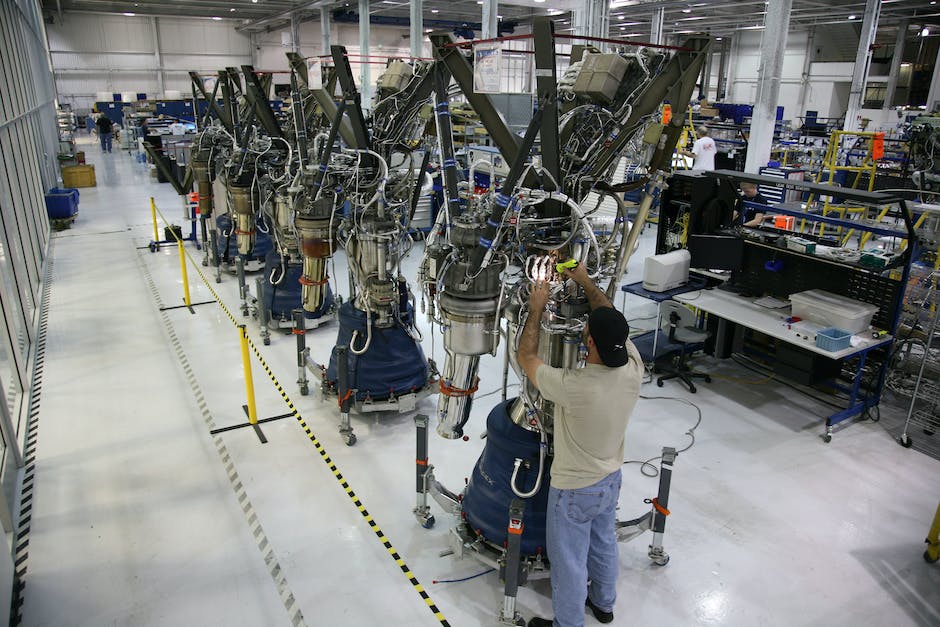The future of space travel is about to get a lot more exciting as two of the biggest names in the industry have announced a joint venture. Voyager Aerospace and Airbus have teamed up to launch Starlab, a private space station set to revolutionize space exploration and astronomy. The state-of-the-art space station will be operated via a ‘transatlantic joint venture’, allowing the companies to share resources, capital and technology.
The Starlab space station is set to become the largest and most advanced private space station in the world. The modular, scalable structure will be able to house up to 12 astronauts and has been designed to allow for easy access and operation. It will have several scientific labs and a sector for commercial space activities such as space tourism, vehicle and satellite launches, research, and more.
The station will be powered with a combination of solar and electric propulsion technology, allowing for both easy and affordable space exploration for both public and private entities. It will also be used for telescope-based astronomy, allowing scientists and researchers to observe and research the universe in more detail than ever before.
Voyager Aerospace and Airbus plan to launch the Starlab space station using a Low Earth Orbit (LEO) to reduce cost and increase safety. It is expected to be assembled and operational by the end of 2022, and will serve as a step towards making space exploration accessible to more people.
The project also has the potential to create thousands of new jobs in both the UK and USA. It is expected to bring together talent from both countries in order to make this groundbreaking venture a reality. This joint venture also marks a milestone in history, as it is the first time a European space agency and a US-based aerospace company have collaborated on such a large scale.
The joint venture between Voyager Aerospace and Airbus is set to revolutionize private space exploration and astronomy. With its state-of-the-art technology and modular structure, Starlab is sure to be at the forefront of space exploration for years to come.
Hey Subscribe to our newsletter for more articles like this directly to your email.
